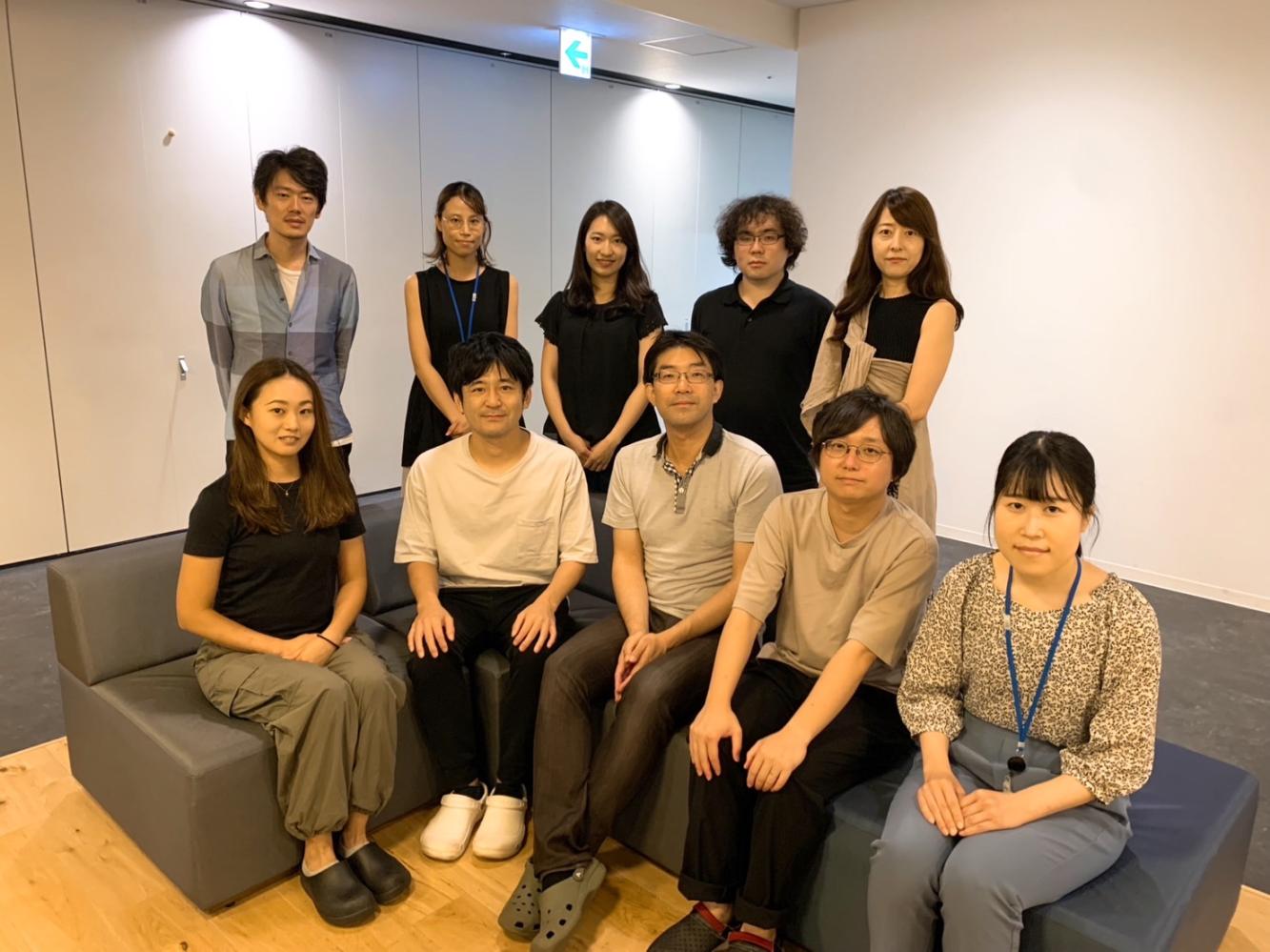Home > Laboratory of Integrative Oncology
Laboratory of Integrative Oncology
Research
The nature of cancer cells is complex and diverse similar to the pathogenesis of cancer. To understand the characteristics of cancer cells, a multidimensional approach is essential. This requires technological innovation and novel imaginative ideas. Based on our experience in the areas of tumor heterogeneity, cancer microenvironment, and cell-cell communication, we have always challenged to explore new research fields. We are working on carcinogenesis models using gene transfer and primary culture of patient-derived cells to elucidate the nature of cancer. It is important to clarify the process of cancer development in detail not only in the field of basic research but also in the field of early diagnosis. It is expected to lead to the identification and development of molecular biomarkers and the selection of therapeutic targets. In addition, recent evidence demonstrated the relationship between disease and extracellular vesicles such as exosomes, and the significance of exosomes has been attracting much attention. Exosomes are loaded with functional molecules such as proteins, microRNAs, and mRNAs, and they have been used for cell-to-cell communications. Cancer cells also use exosomes to package molecules and pass them on to surrounding cells for their own survival advantage. By deepening our understanding of the exosomes, we aim to discover new mechanisms of carcinogenesis and malignant transformation and develop new treatments and diagnostics strategies.


